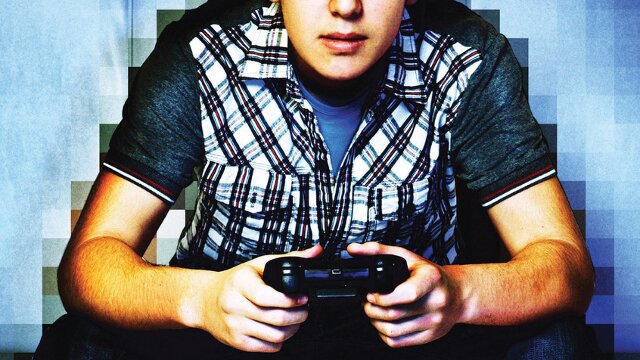
Dr Le
Articles
"Seek the wisdom of the ages, but look at the world through the eyes of a child." - Ron Wild
You may have read a recent cgiclinic.com post on "Epic wins: How your favourite game can help you today". As parents, teachers and clinicians, you can also use gaming terminology or "game speak" to talk to teenagers.
When talking with a gamer, be curious about their online achievements and their "epic win" history. Epic wins (the most memorable gaming moments) can give you an insight into what motivates them, their strengths and weaknesses. You can then use this narrative to help them overcome problems "IRL" (in real life).

Game speak, terminology used in computer games.
A prime example*: Explaining to a teenager that multitasking or playing games whilst doing their homework is not an effective study habit.
A common response: "But I can't (change my study habits)!"
Knowledge of their detailed gaming history might reveal that they are a competitive League of Legends (LOL) gamer. They might be at "Platinum Level" and their most epic win might be winning a game when they were down 3 v 5.
How can you educate them that multitasking can affect their ability to focus on their studies? Use gaming terminology familiar to them. All games feature a narrative of powerful abilities and game crushing disabilities. You might have no idea about computer games, let alone the fast-twitch dynamics of LOL. However, a gamer can teach you the basics very quickly. You just have to show some genuine interest.
Remember, children are experts at the games they play. They can easily explain how a disability spell such as "Stun" (a 'crowd control spell') can hinder their progress in a game. Use this to make a connection between their habit of multitasking and how this can hinder their study progress:
"Isn't having your Facebook account open next to you whilst you study, like putting a 'Stun' spell on yourself?"
As a clinician, hearing the penny drop can be like your own epic win of the day.

Online homework = Online distractions
Games can also give us clues about strengths. Dig a little deeper, this gamer might be motivated to play LOL for social reasons and may be very dedicated to his team. You could suggest experimenting with occasional group study. Make each study member responsible for contributing to the group. Many gamers who play team games learn important leadership and teamwork skills. These abilities should be celebrated and practiced in real life. You might be surprised by how motivating and self-regulating group study can be.

Listening to classical music = +1 focus?
Tips on using game dynamics and terminology to talk to children:
Crafting and planning: If your school project was on Minecraft, what items do you need in order to finish your task? Do you have the right resources?
Leveling up: If real life was a computer game, what level are you at right now? What level do you want be? Can you break down the levels into bite-sized achievable steps? What step do you need to take, in order to achieve your goals?
Health Points: Are you looking after your physical needs? If eating and drinking could be measured in HP, are you in the green healthy zone?
Recovery: Does your avatar have a recovery period of time after using a powerful spell? Do you recover adequately with enough sleep? How does your avatar perform if it is not fully recovered?
Anger management: Have you ever "rage quit" in a game before? What was that like? Was it effective? What would you do differently in the future? Do you "rage quit" when talking to your parents?
Procedural memory: Before starting a match, is there a routine preparation process? How long does this take? Why is it important to do this? Can you do something similar before starting class to optimise your ability to concentrate? Do you have a healthy study routine and optimal work desk setup?
Unlimited lives and necessary failures: When you first started playing, did you always win? How did you overcome your failures? Is it necessary to fail? How did you become good at playing? How often did you practice?
Please press start: If you need more ideas, google their favourite game + "tips on how to play". Usually this will give the most common ways to be successful at that particular game.

Clean desk: ☑ Homework: ☑ Ready for battle.
Important pitfalls to using game speak:
You are the "Noob": Sometimes you have to be invited into a teenager's world. If you have no idea about games, just admit it (often called being a "noob" or "newbie"). You are trying to engage them, not show how cool you are.
Teens will outsmart you: Once you enter their world, they will know the counter-attack to every gaming situation. Be prepared for this.
Remember, games are engaging because they simulate real-life systems and dynamics, often with a unique gaming narrative. We can use this language to help a child to reflect. Being familiar with the popular games can certainly help, but it is not necessary. Just be curious.
*example is de-identified
